Japanese-inspired garden design has been an influential approach since the 8th century, aiming to evoke tranquility and reflection. Back then, the guiding principles were simplicity, asymmetry, and symbolism, and those remain at the core today. This style carefully incorporates natural elements, like water, stones, and plants, to mimic the beauty of nature in miniature. Although one might initially think Japanese gardens are complex and intricate, they are quite approachable and meditative--and they're currently seeing renewed appreciation. Enhance your garden's serenity with these Japanese-inspired ideas and create a peaceful retreat in your own backyard.
Zen-inspired pavilions with minimalist designs. Integrating natural materials and clean lines can create a tranquil space that encourages mindfulness and relaxation. Source
Bonsai trees and stone pathways. Incorporating these elements creates a serene atmosphere that embodies traditional Japanese garden aesthetics. Source
Zen garden elements with a waterfall and flowering shrubs provide tranquility. Incorporating rocks, water features, and carefully pruned trees enhances the serene ambiance. Source
Lush rock garden with bonsai trees and ferns enhances tranquility. This arrangement promotes peace through natural elements. Source
Serene pathway design with irregular stone pavers and essential greenery. This aesthetic promotes tranquility and reflects the natural beauty often found in Japanese gardens. Source
Rock formations with moss and greenery. Incorporate natural stones and low-maintenance plantings to create a serene atmosphere. This enhances the garden's tranquility and connection to nature. Source
Stone lantern and bamboo water feature. Integrating these elements enhances tranquility and evokes traditional Japanese aesthetics in garden design. Source
Pathway of irregular stone stepping stones. This design invites contemplation and encourages a natural flow through the garden, enhancing the serene ambiance typical of Japanese gardens. Source
Meandering stone pathway with illuminated borders. This design provides a serene flow through the garden, encouraging tranquility and contemplation. Source
Hanging vines and lush greenery. Incorporate cascading plants like Hoya and Ivy to create a serene atmosphere. This design fosters tranquility and connectivity with nature. Source
Tranquil pond with reflection. Incorporate stones, pine trees, and a traditional gazebo for a serene landscape. This design fosters harmony and contemplation in a Japanese-inspired garden. Source
Koi pond with stone lanterns and ornamental grasses. This design element enhances tranquility and reflects traditional Japanese garden aesthetics. Source
Zen garden design with raked gravel, mossy stones, and trimmed hedges promotes tranquility. This arrangement fosters a sense of peace and connection with nature. Source
Bonsai tree centerpiece surrounded by gravel and rocks. This design creates a serene focal point that invites tranquility and contemplation in the garden. Source
Rock path with mulch beds. Incorporating varied textures and natural elements creates a tranquil atmosphere, characteristic of Japanese gardens. Source
Zen-inspired stone pathways. Incorporate carefully positioned stepping stones amid lush greenery and low shrubs to promote tranquility and balance in the garden design. Source
Serene seating area with circular stone table and natural stone pathways. This combination fosters tranquility and encourages relaxation in a Japanese-inspired garden design. Source
Tranquil rock garden with bonsai trees and gravel paths. This design promotes serenity and harmony, essential in Japanese-inspired gardens. Source
Serene water feature with natural stone stepping stones. This design invites tranquility and harmony, embodying the essence of Japanese garden aesthetics. Source
Zen garden design with gravel, moss, and strategically placed rocks creates a serene atmosphere. This arrangement encourages mindfulness and reflection, enhancing the tranquil experience of the space. Source
Zen garden elements like smooth pebbles and strategically placed boulders create a serene focal point. This design fosters tranquility and encourages mindfulness in your outdoor space. Source
Serene Japanese garden design. Incorporate elements like bamboo, stone lanterns, and koi ponds to create a tranquil environment that encourages relaxation and reflection. Source
Zen garden pathway design. Incorporate stepping stones and gravel with contrasting grass patterns. This approach fosters tranquility and invites contemplation in a Japanese-inspired garden. Source
Tranquil water features. Incorporating a pond with smooth stones and carefully placed boulders creates a serene Japanese garden atmosphere. Source
Zen Rock Garden
Zen rock gardens are all about simplicity and tranquility. They usually feature rocks, gravel, and minimal plant life, creating a serene landscape that promotes meditation. Raking the gravel into patterns can be super relaxing and gives a sense of order to the space.
Bamboo Fencing
Bamboo fencing is a fantastic choice for adding a natural vibe to your garden. It's not only eco-friendly but also stylish, giving your space a bit of an exotic feel. Plus, it's super versatile, working well with pretty much any garden theme you have in mind.
Koi Pond
Koi ponds bring a peaceful vibe to any garden, creating a serene spot for relaxation. Choosing the right plants around the pond is key for aesthetics and for providing shade and shelter for the fish. Regular maintenance ensures a clean habitat for the koi while enhancing the overall beauty of the garden.
Stone Lanterns
Stone lanterns add a charming touch to any garden design. They come in various styles and sizes, providing that perfect mix of functionality and aesthetics. Plus, their soft glow at night creates a serene atmosphere, making your outdoor space even cozier.
Water Features
Water features can really amp up any garden vibe, adding so much serenity and charm. Whether it's a small fountain, a koi pond, or even a simple birdbath, the sound of trickling water is super soothing. Plus, they attract wildlife like birds and butterflies, making your garden feel alive and vibrant.
Curved Pathways
Curved pathways can totally transform a garden space, making it feel more inviting and dynamic. They lead the eye and create a sense of flow, which adds to the overall charm of the landscape. Plus, you can easily incorporate different plants and features along the way, turning a simple stroll into an unexpected adventure.
Bonsai Trees
Bonsai trees add such a unique touch to garden design with their intricate shapes and miniaturized beauty. They're not just plants; they're like living art pieces that tell a story about patience and care. Plus, they fit perfectly in small spaces, making them ideal for any garden or balcony setup.
Japanese-inspired garden design emphasizes creating harmony and balance with nature, often incorporating elements such as water features, stone arrangements, and carefully pruned plants to evoke tranquility and contemplation. The process involves selecting native or culturally significant plants like bamboo, cherry blossoms, and maples, and positioning them thoughtfully to represent natural landscapes on a smaller scale. The result is a serene outdoor space that engages the senses, often including paths, lanterns, and seating areas that invite reflection and meditation, embodying the principles of simplicity and mindfulness found in traditional Japanese gardens.

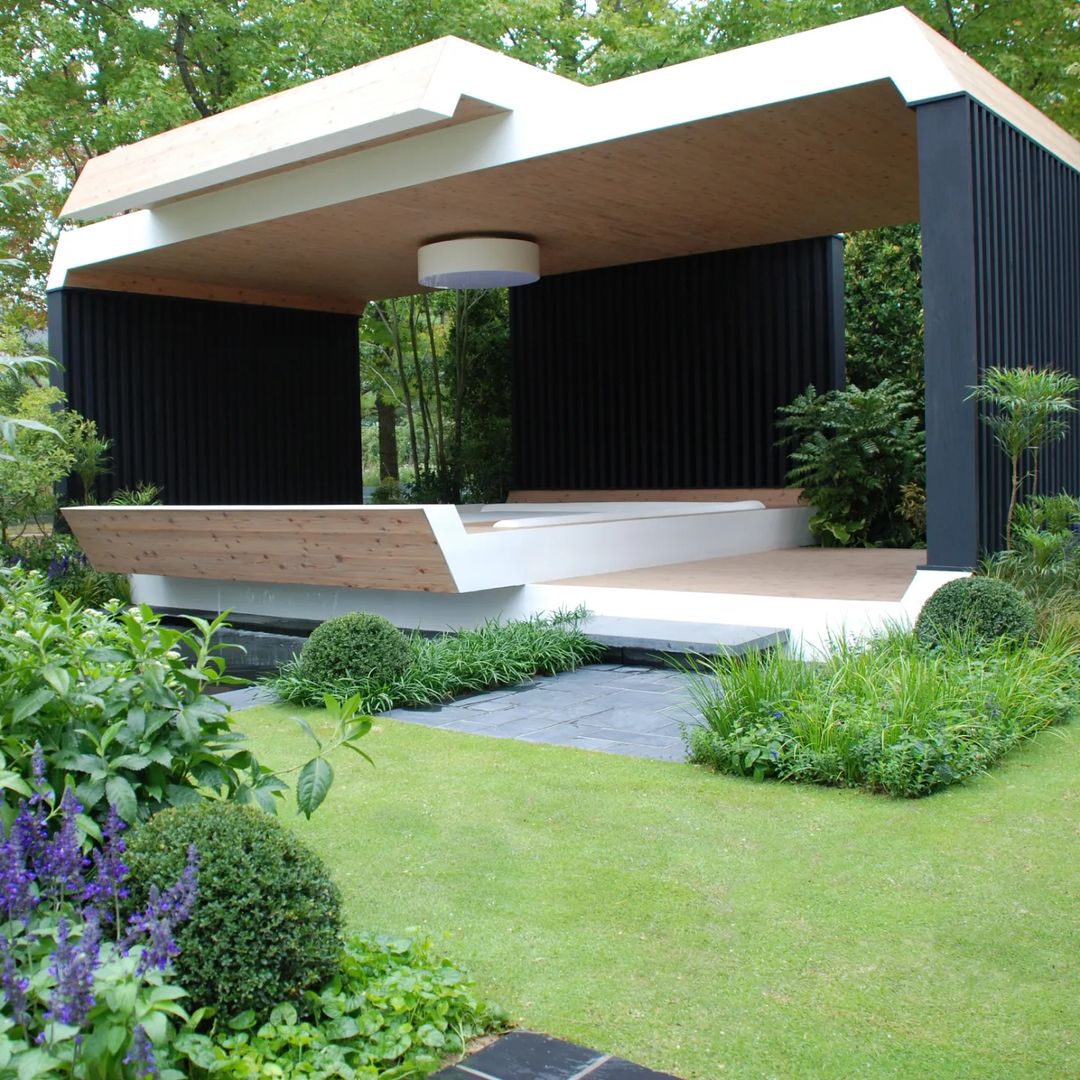
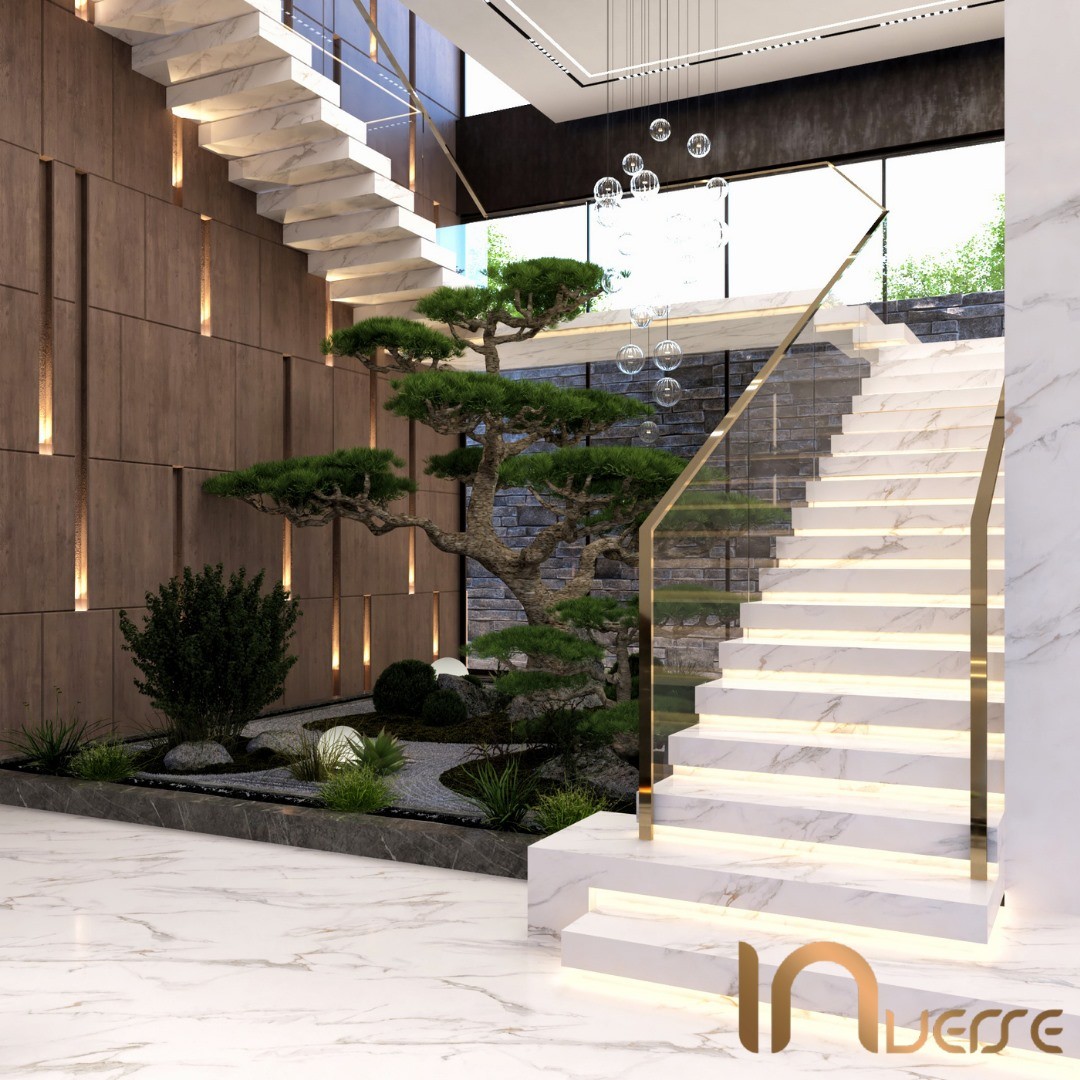
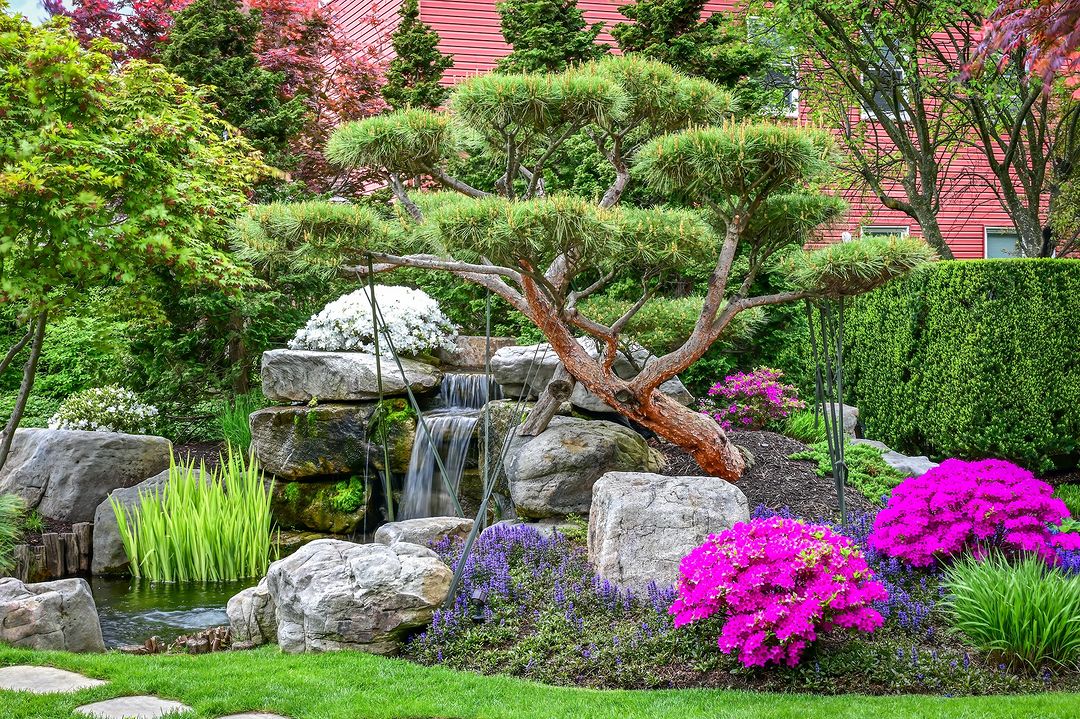
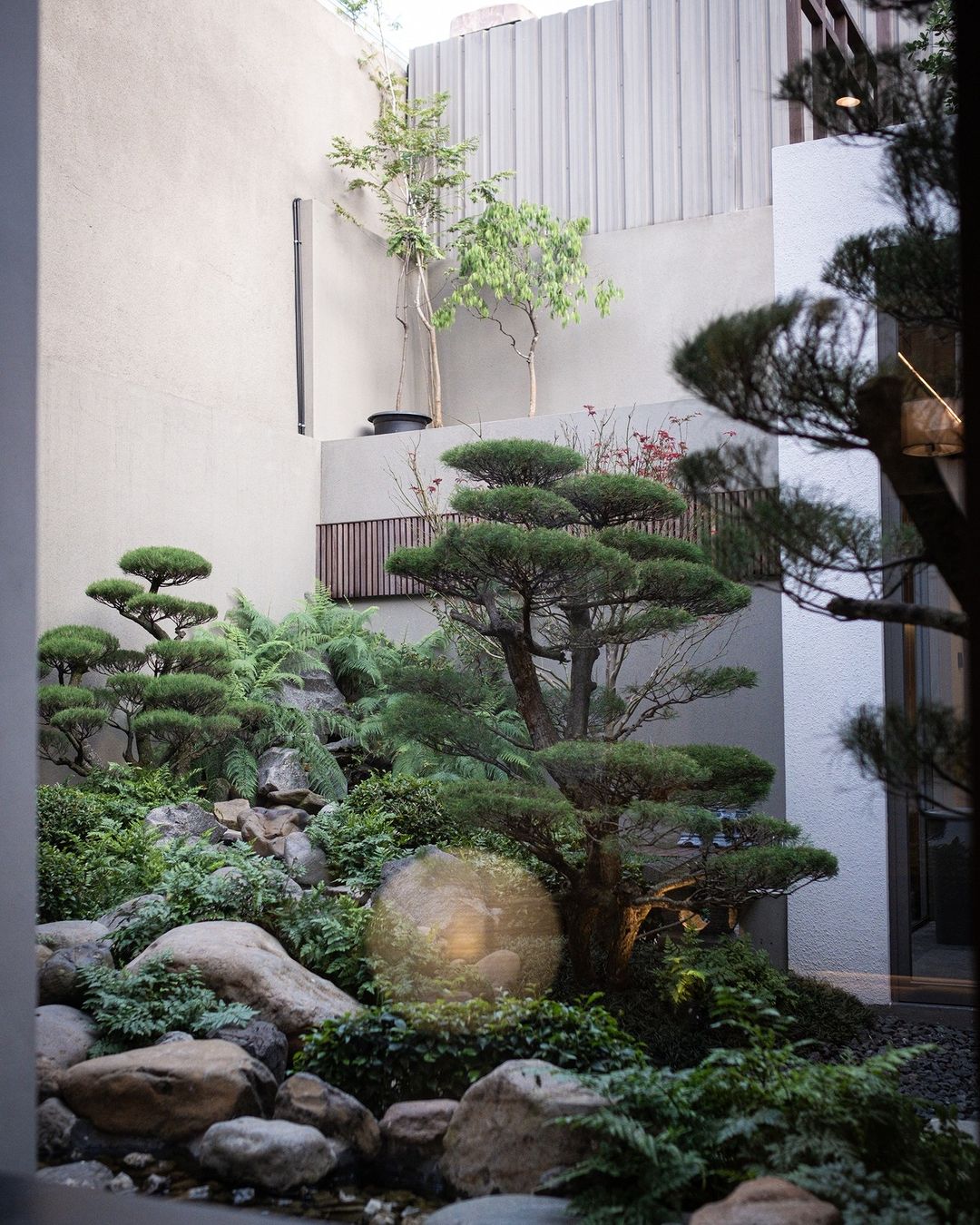
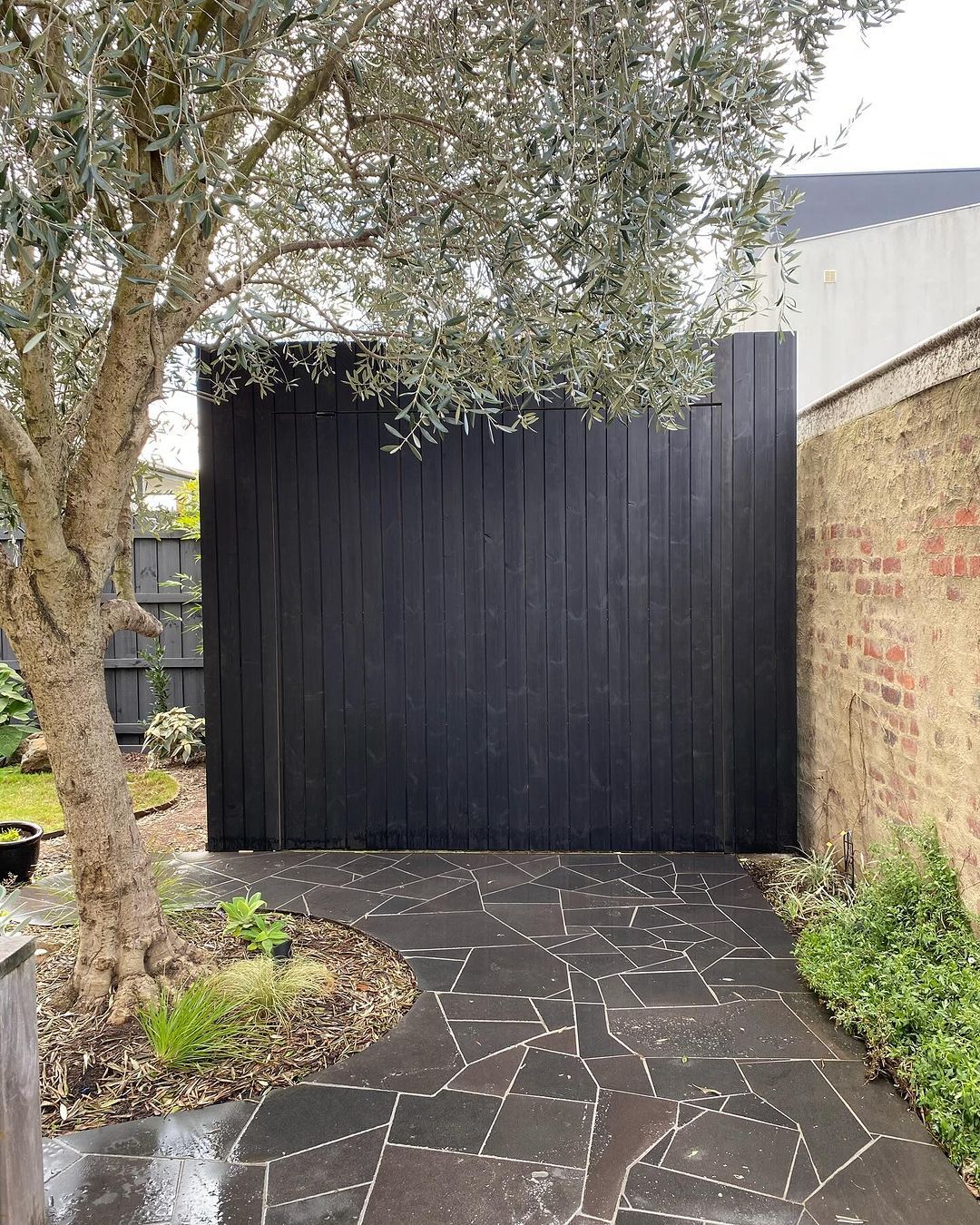
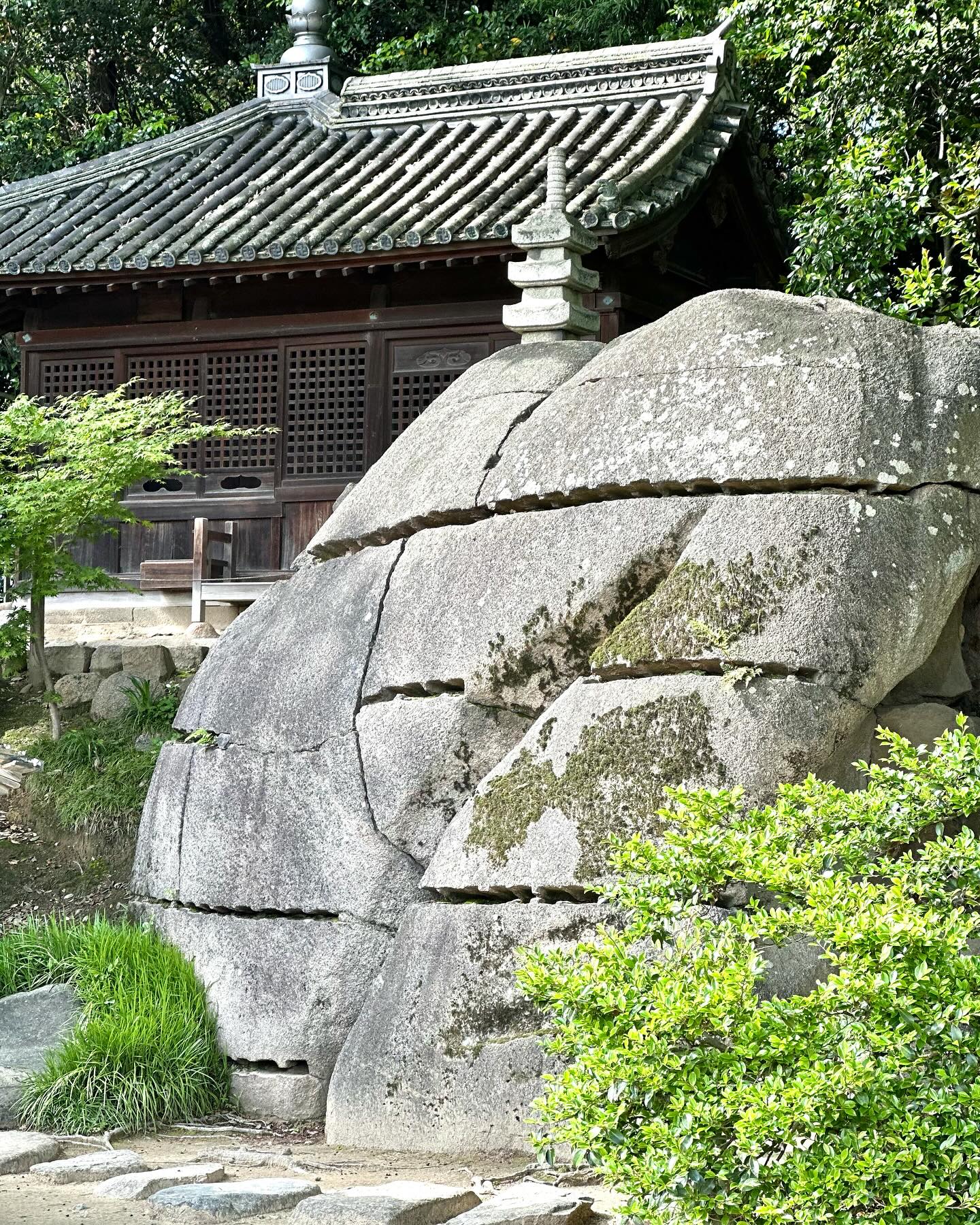
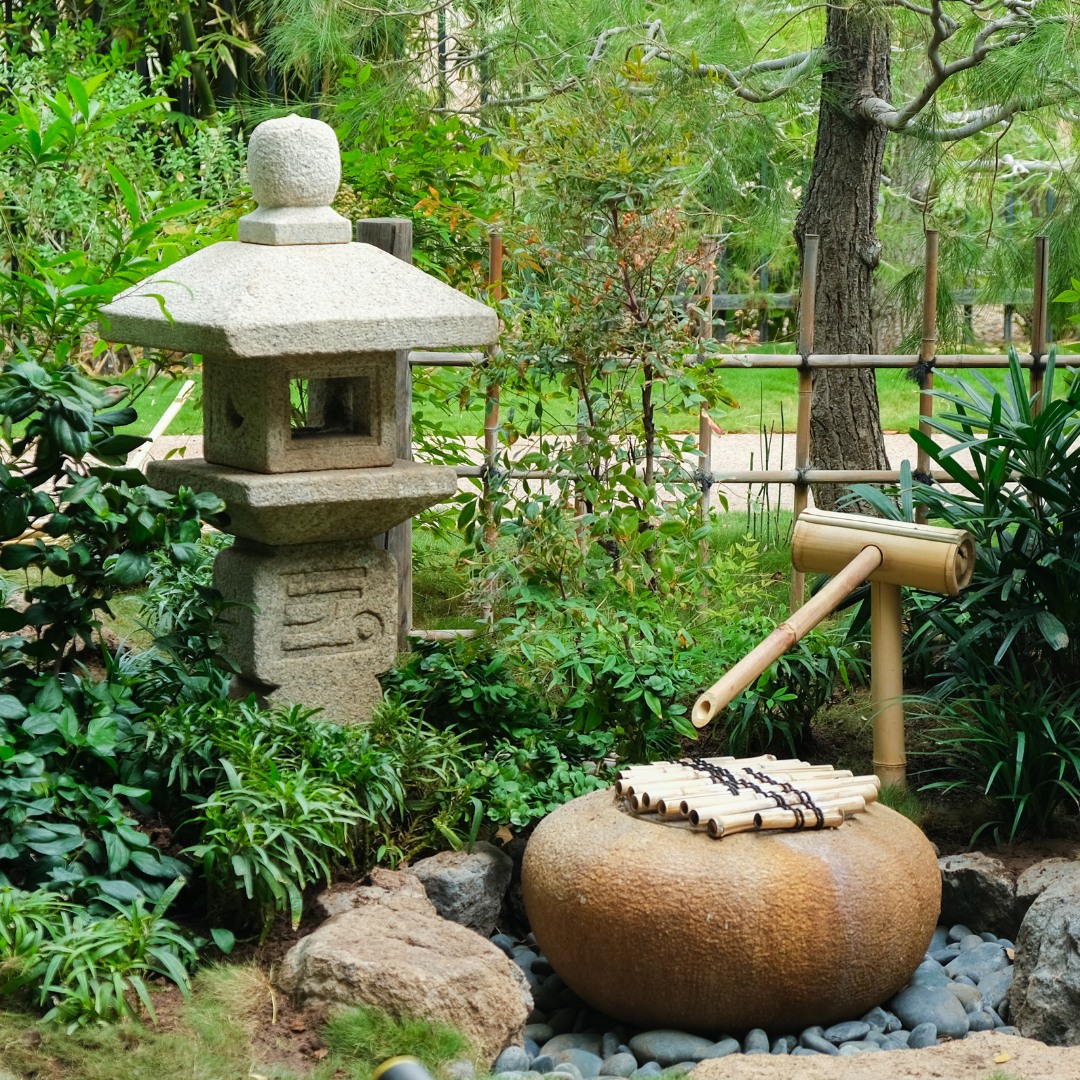
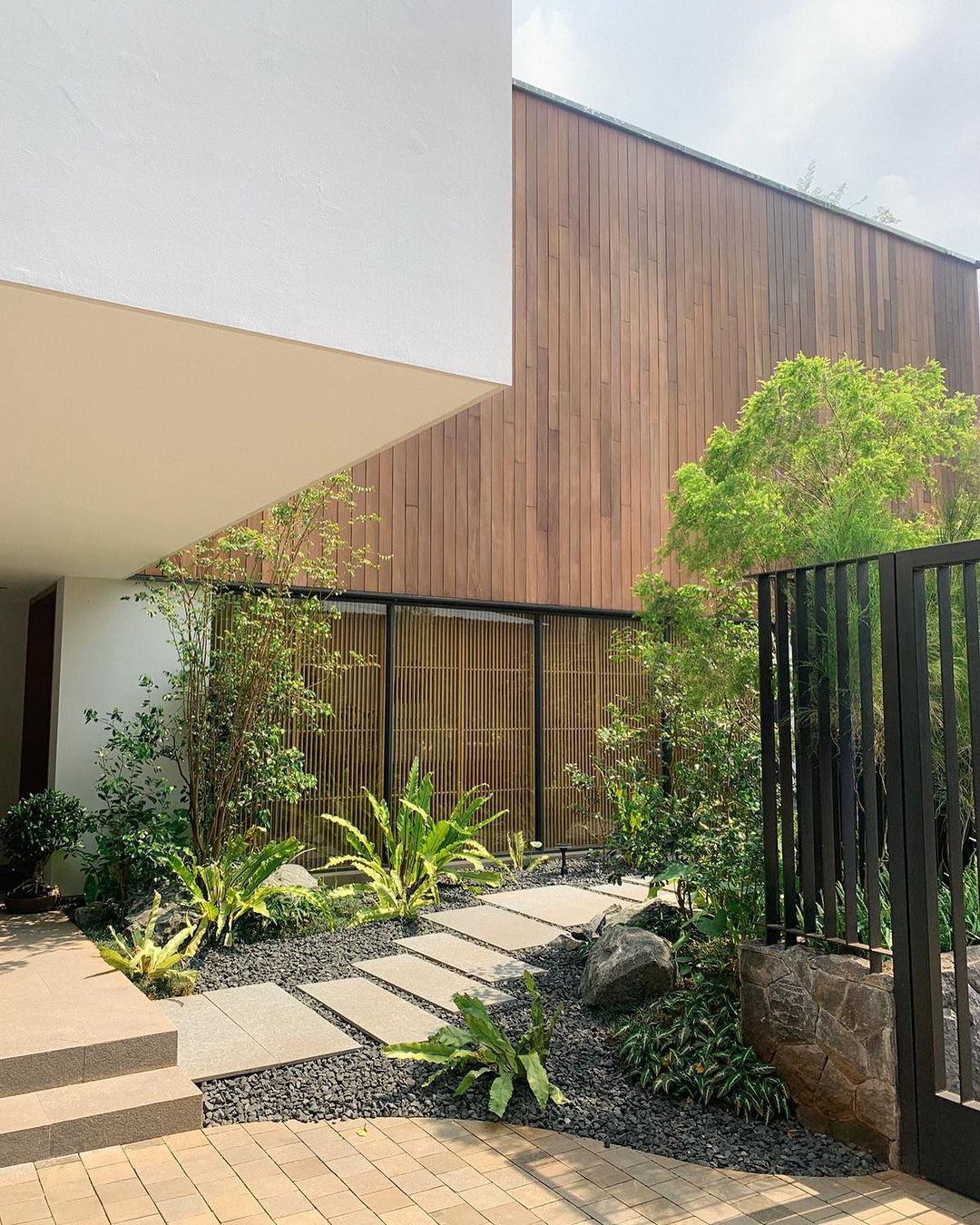
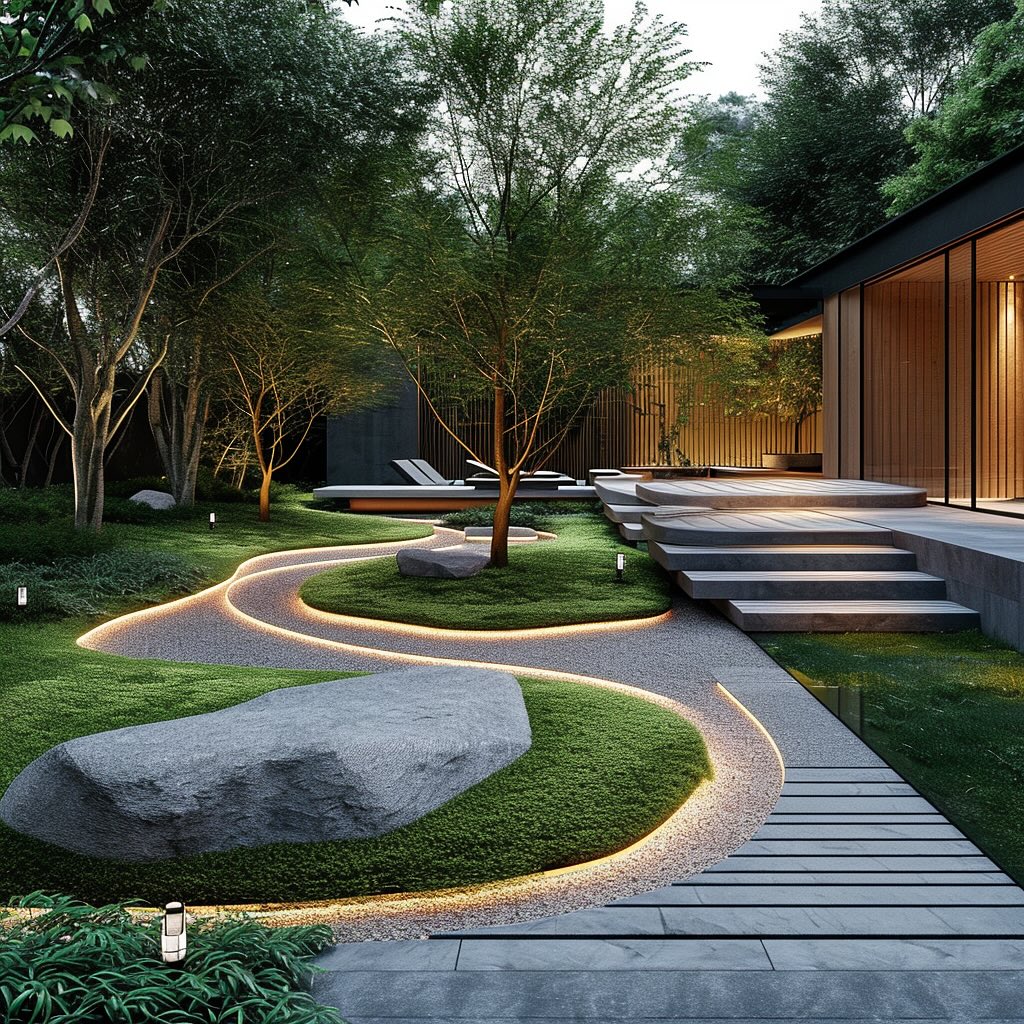
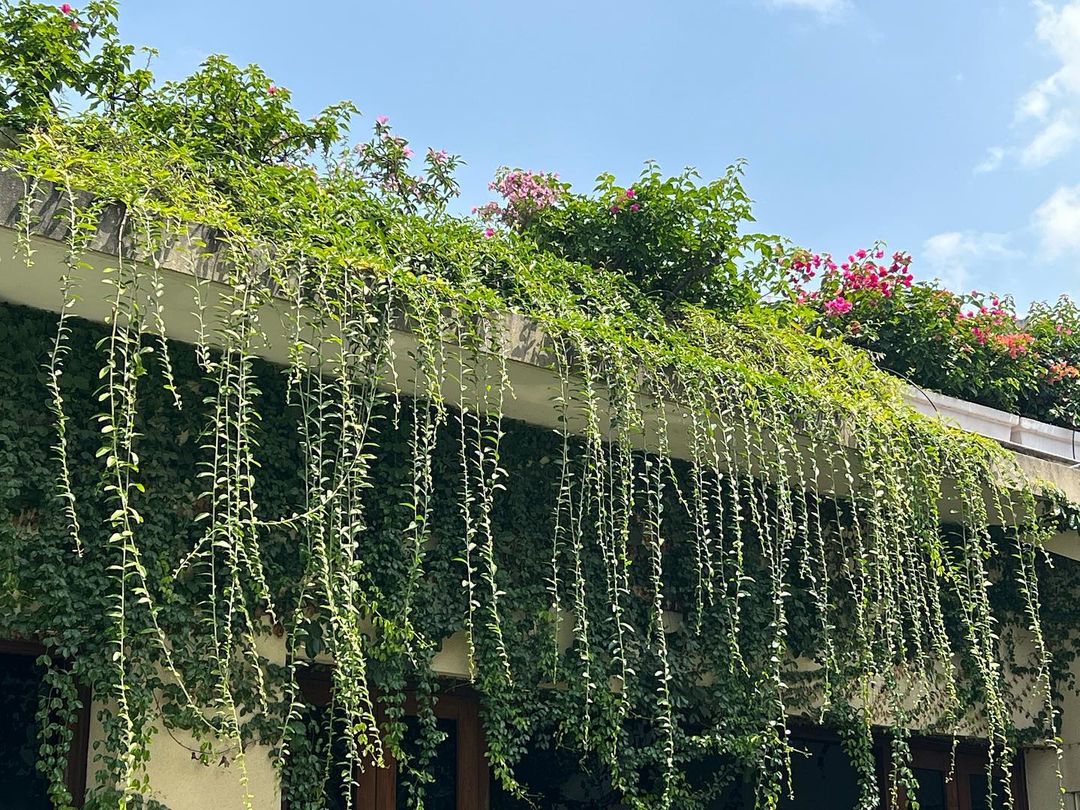
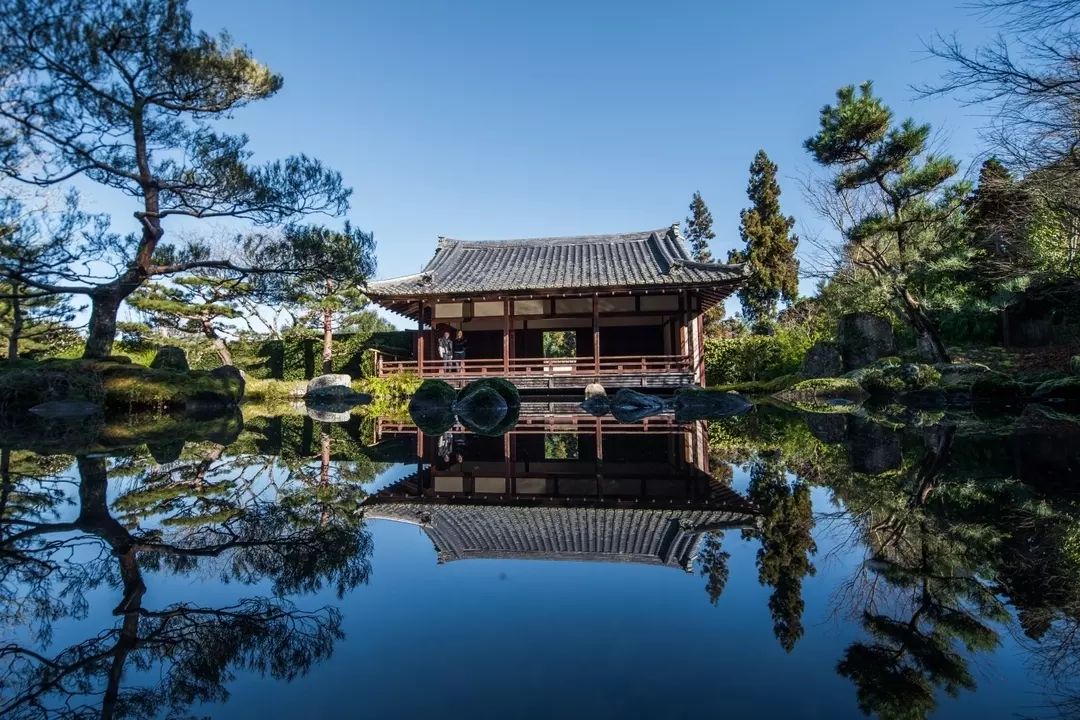
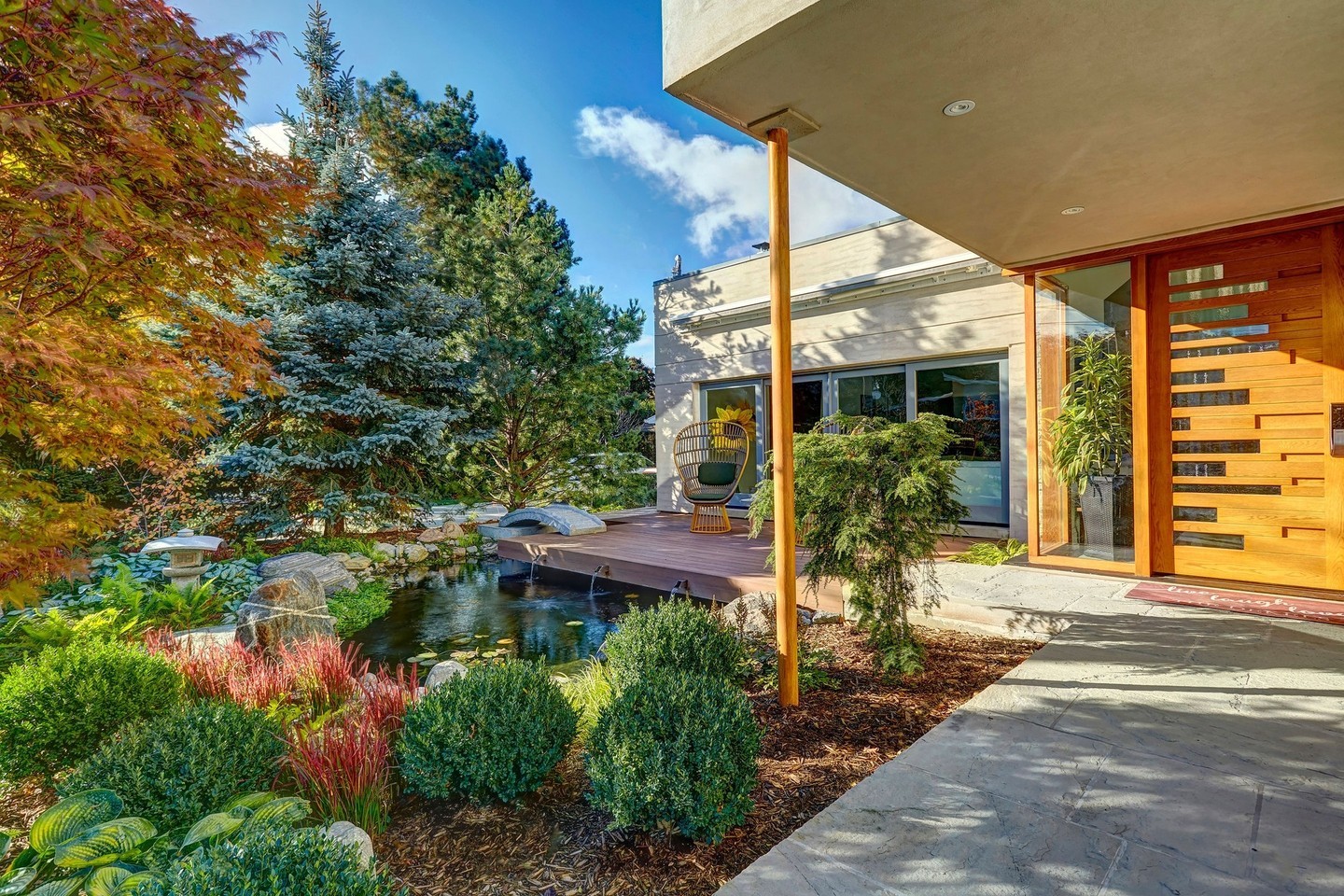
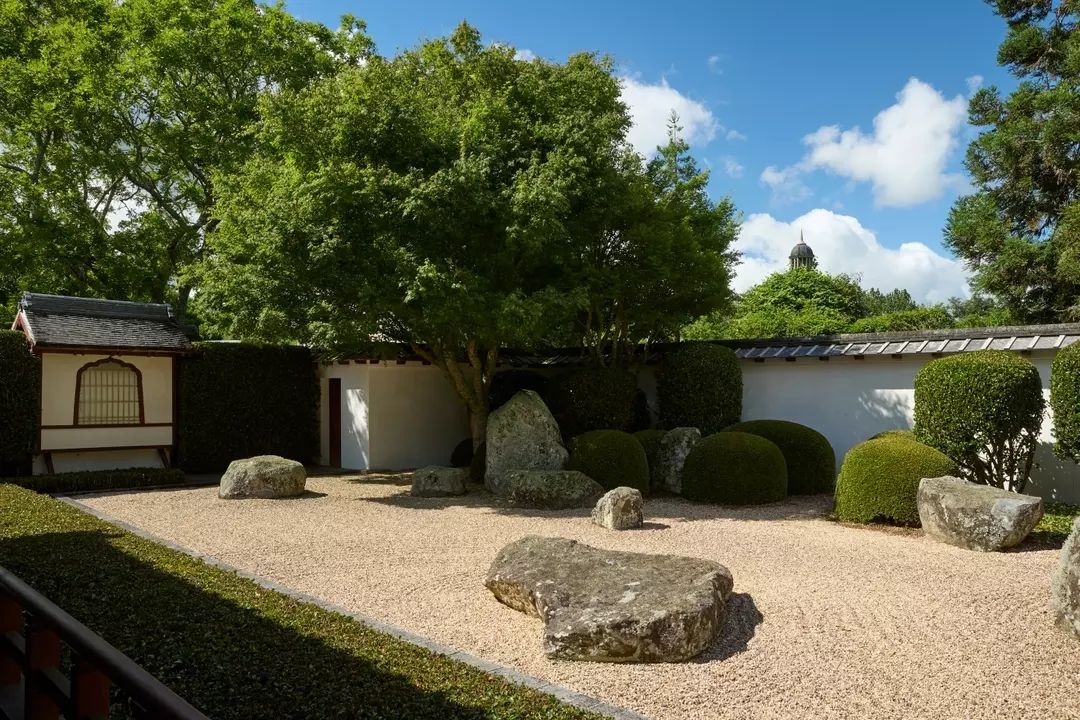
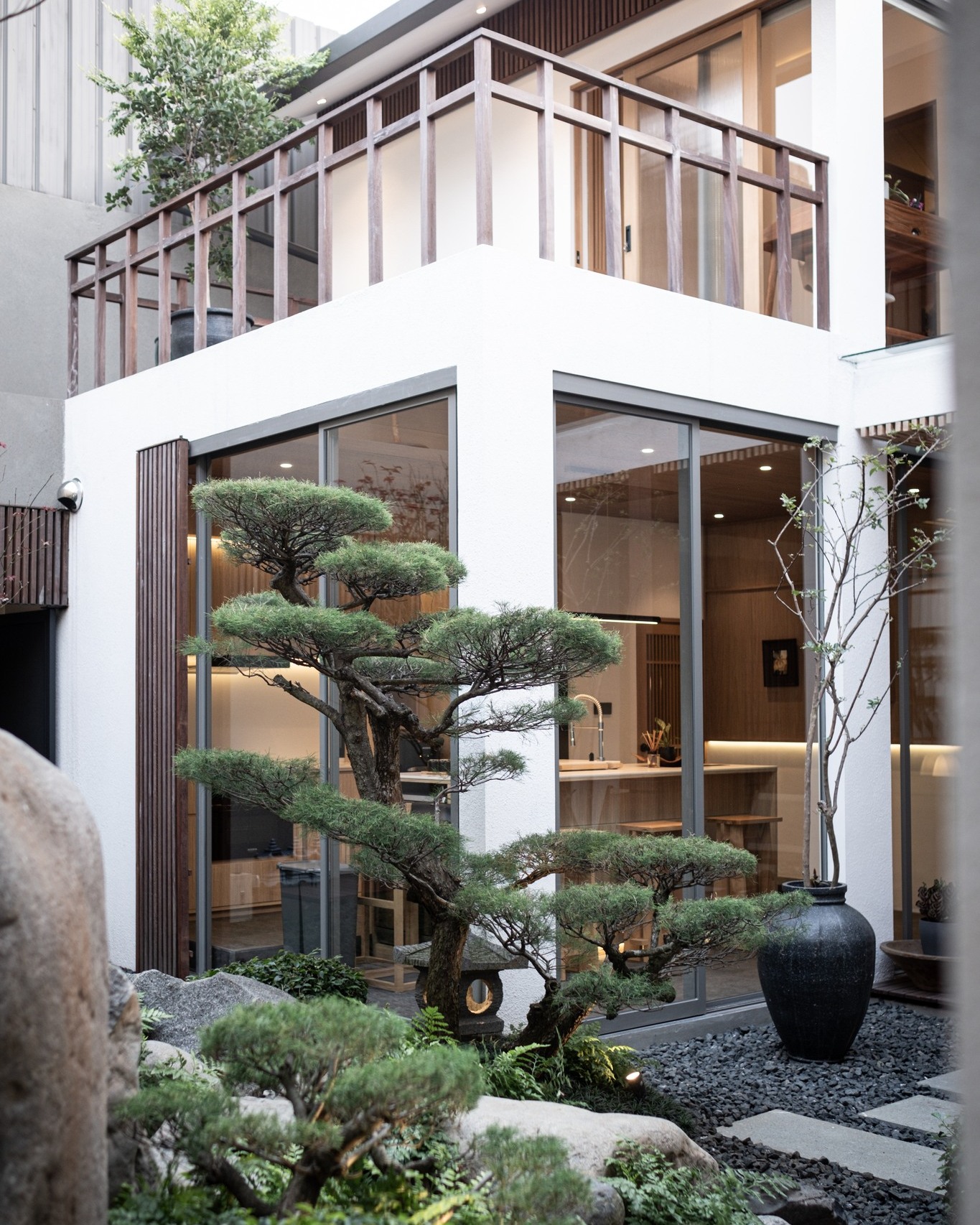
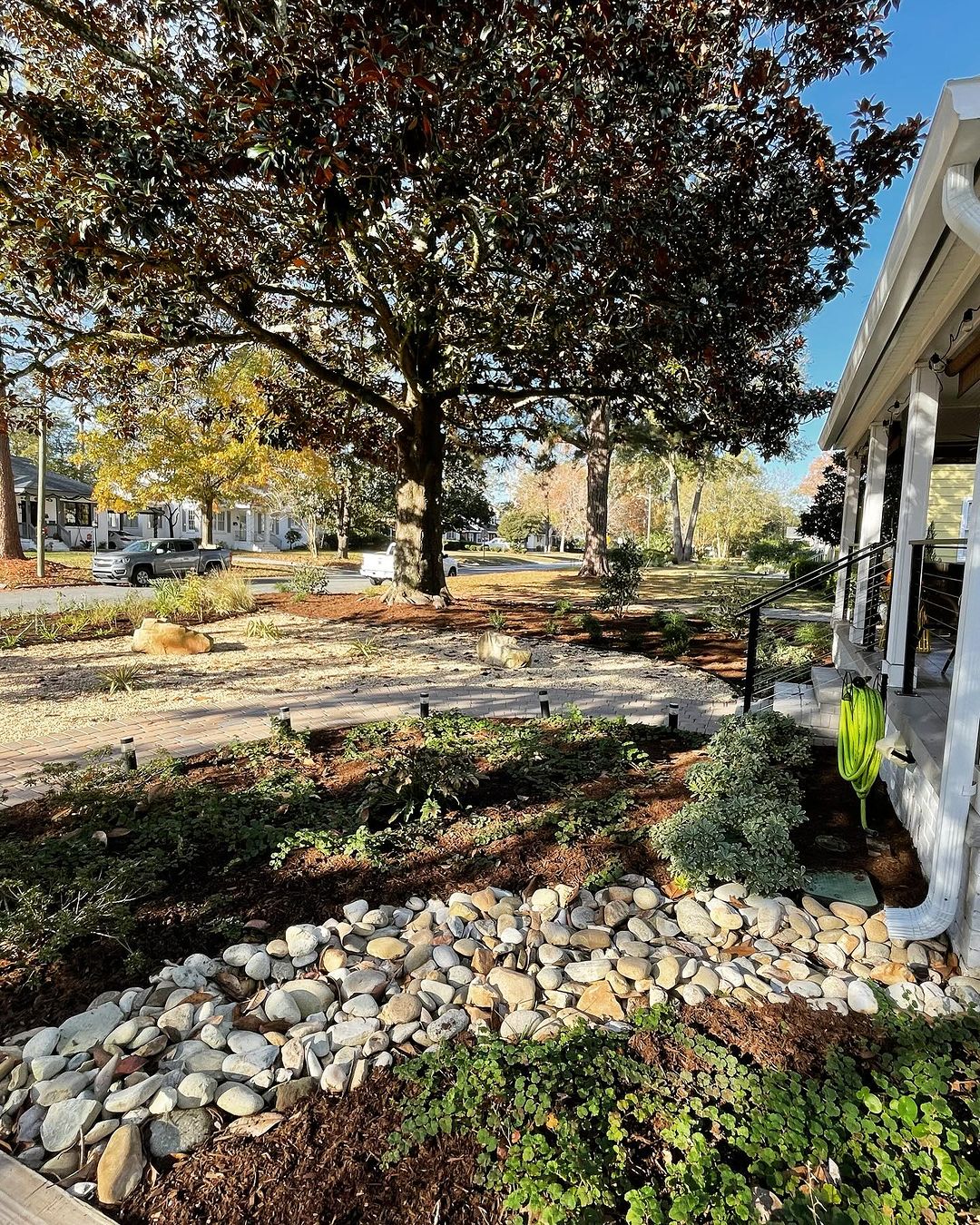
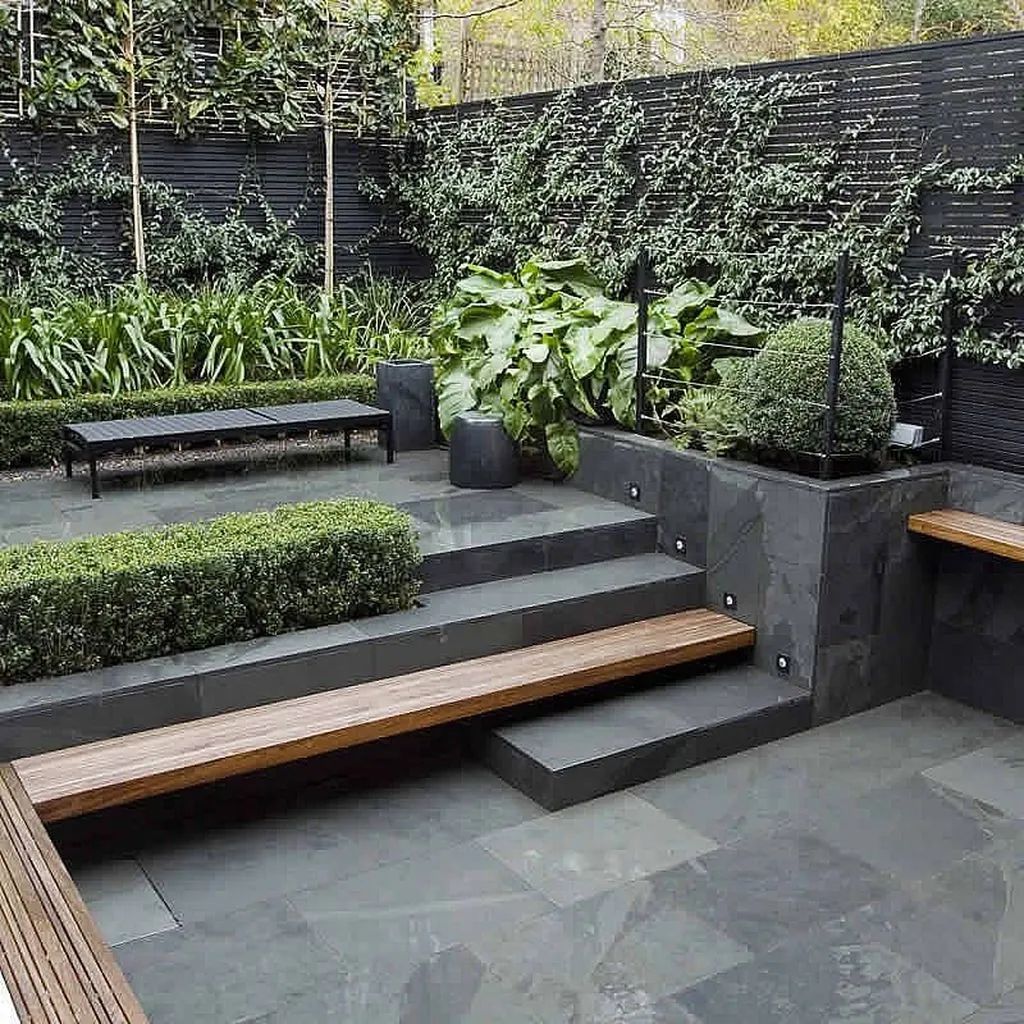
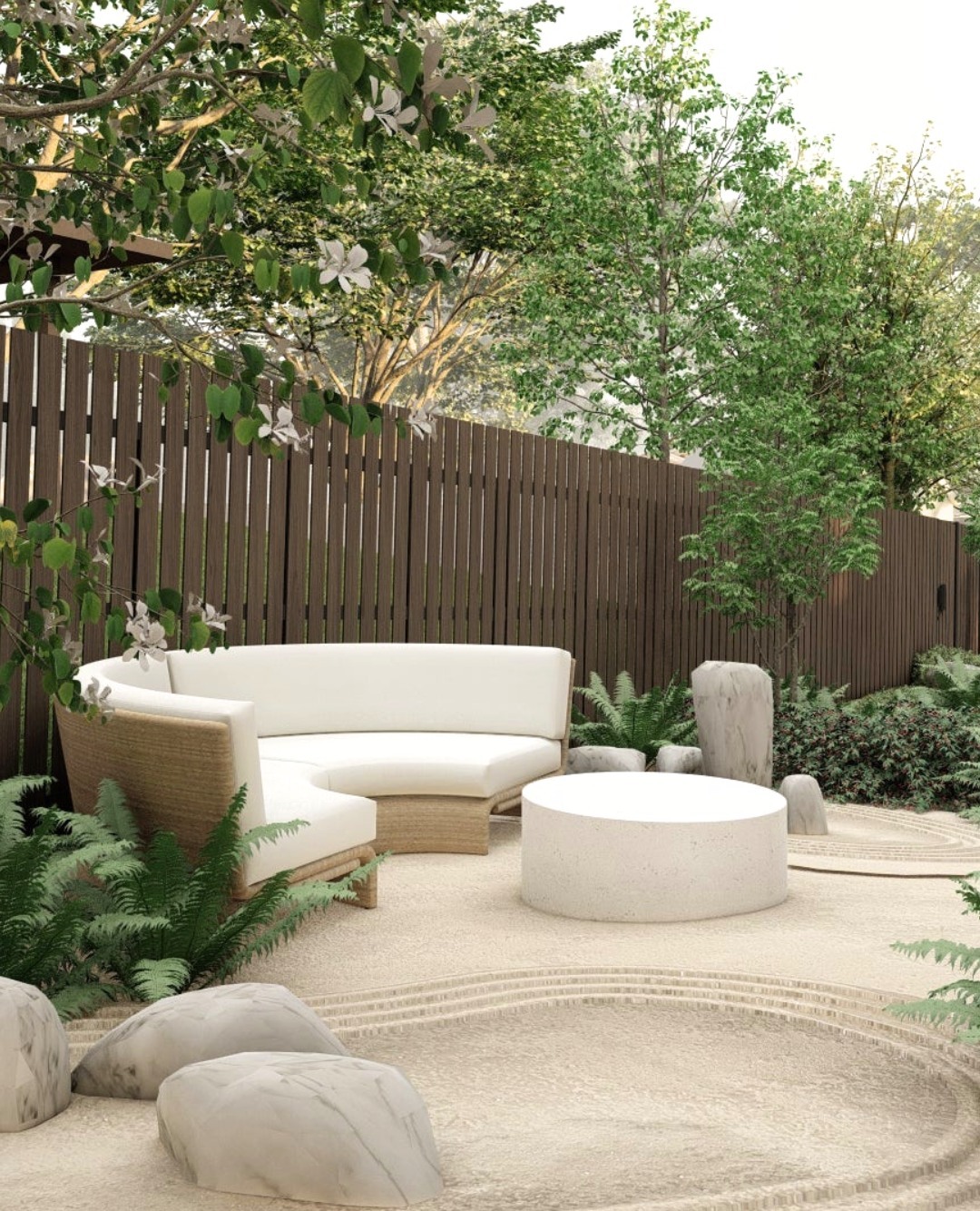
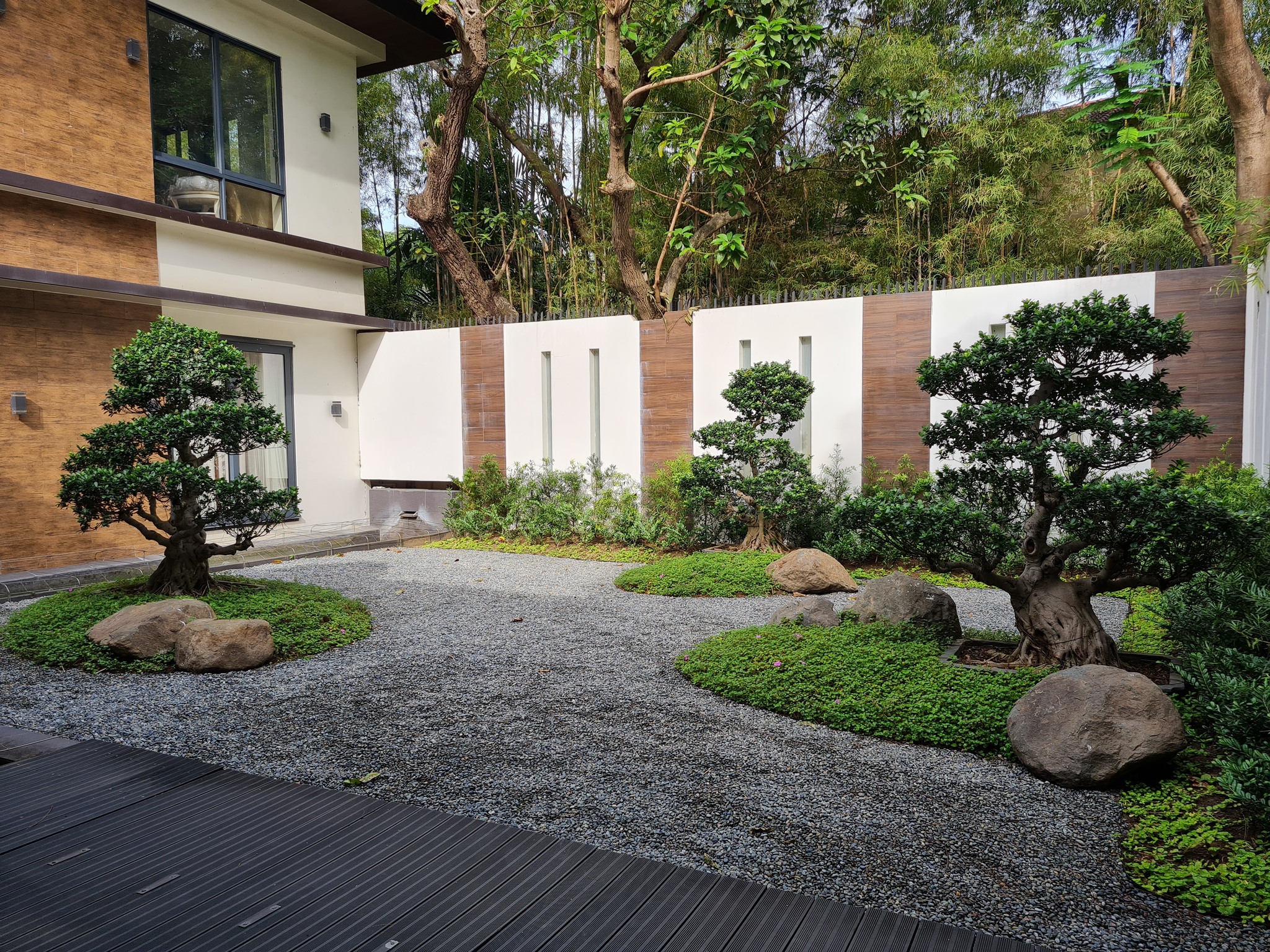

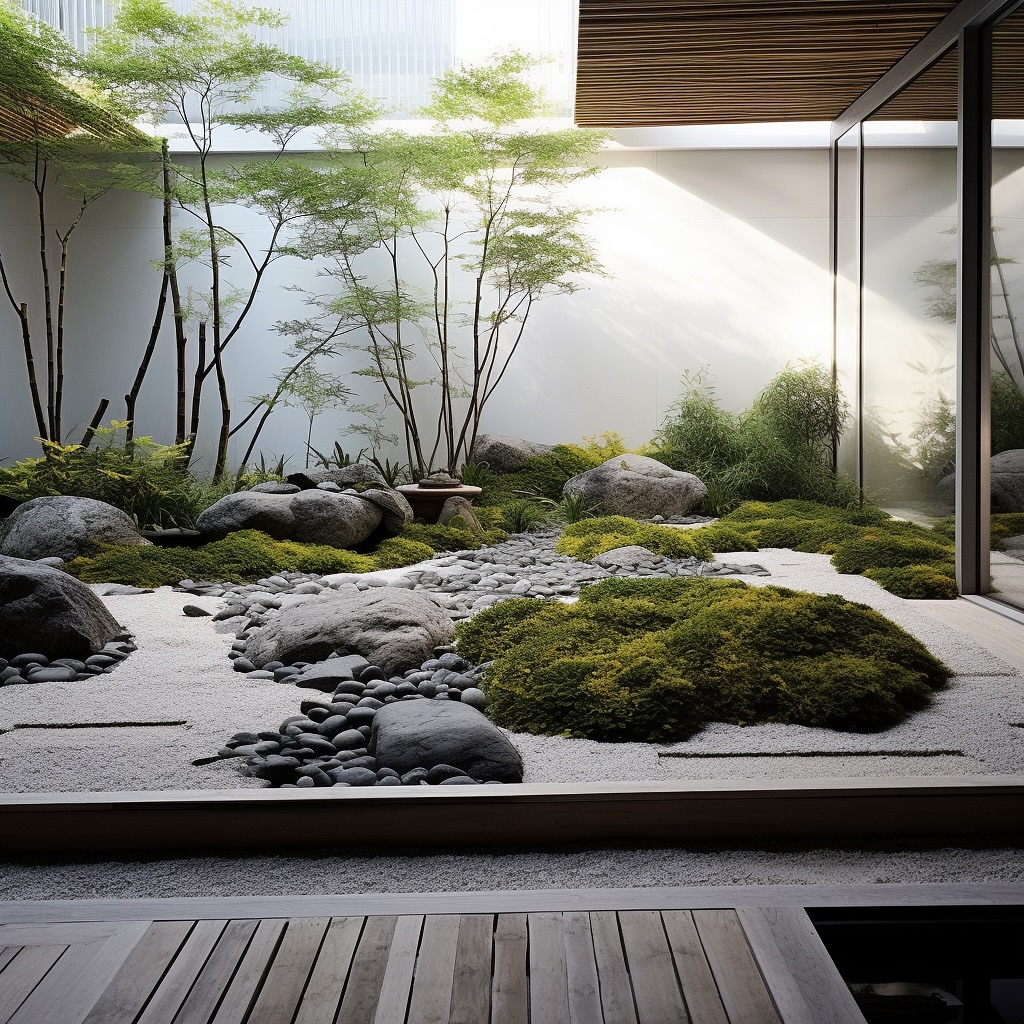
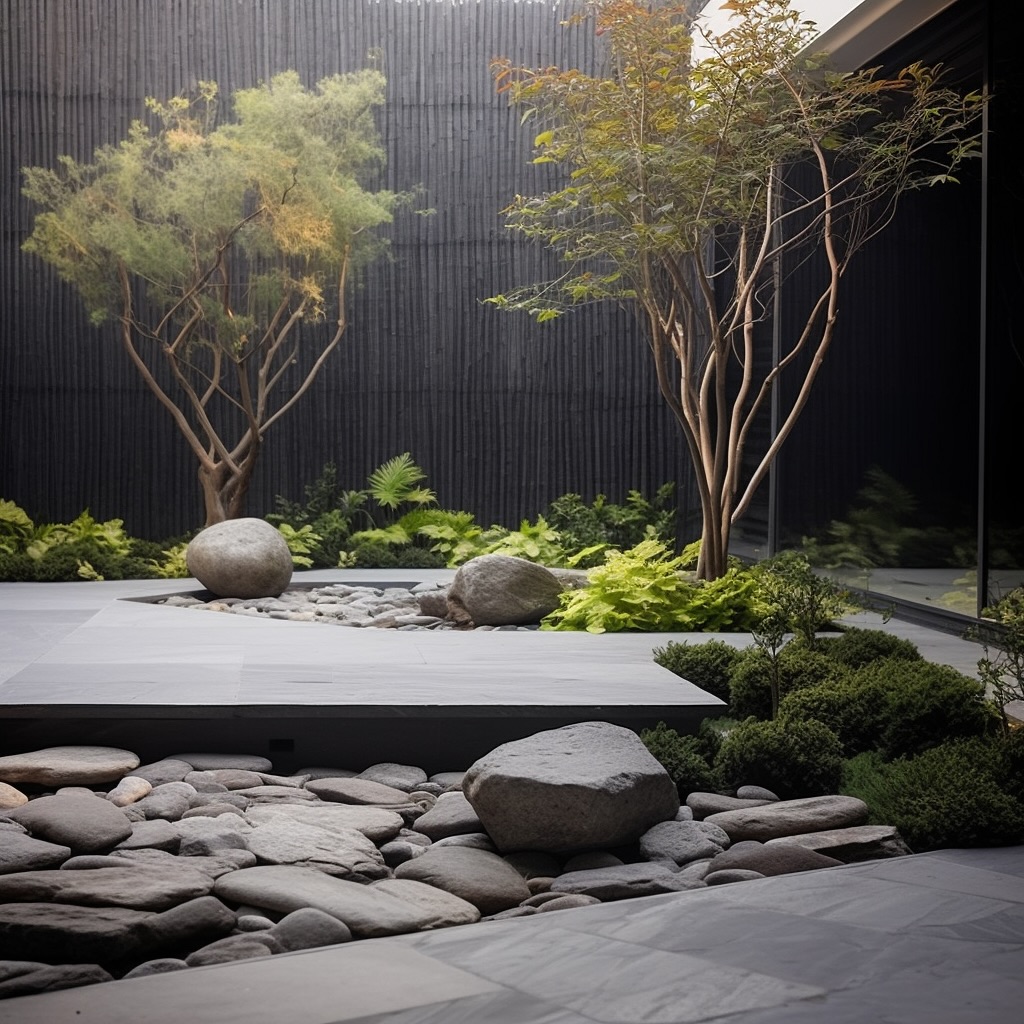
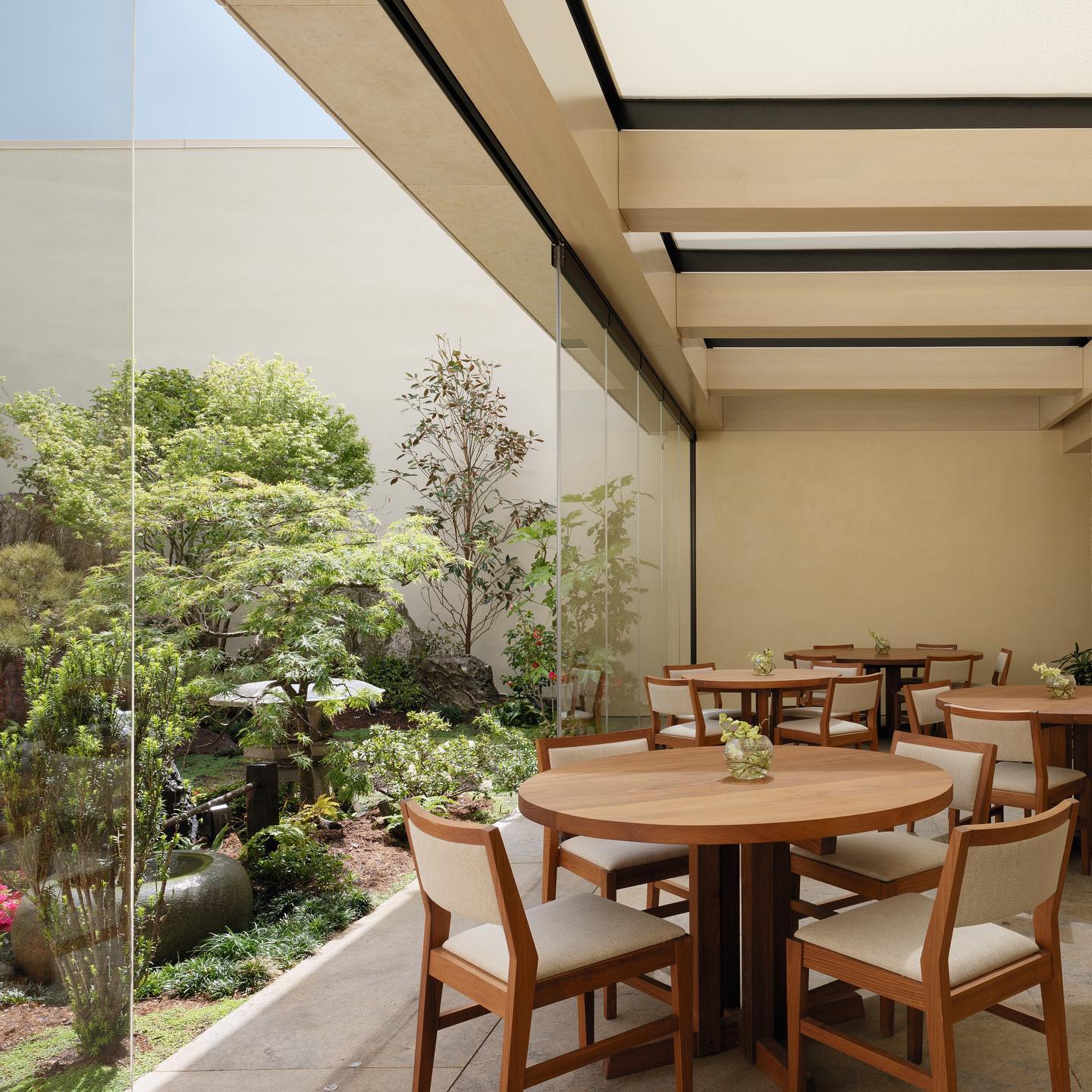
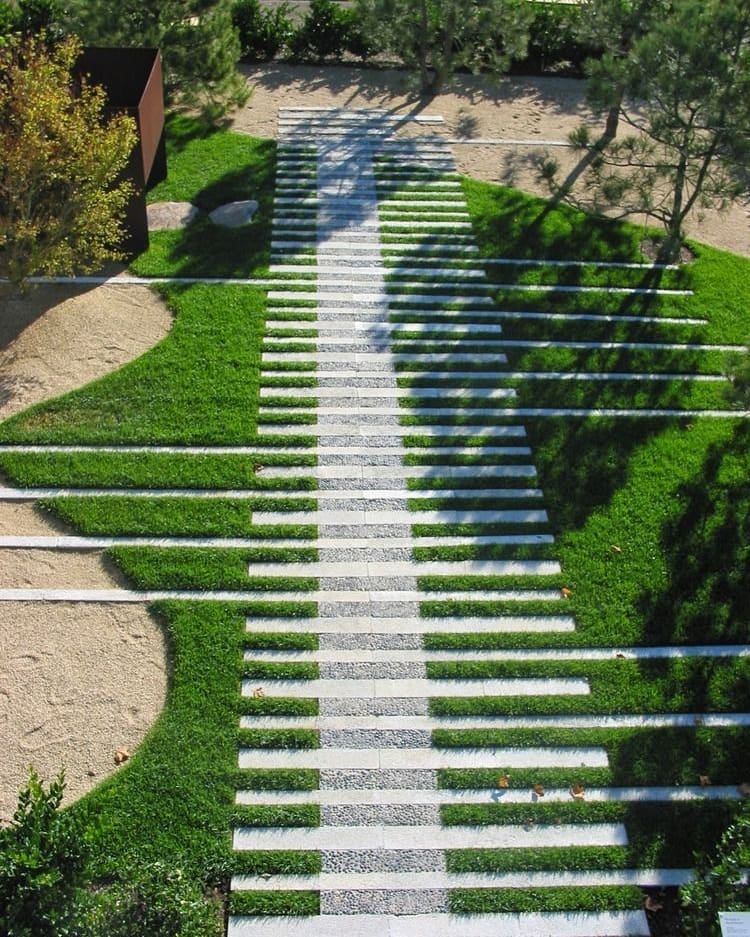
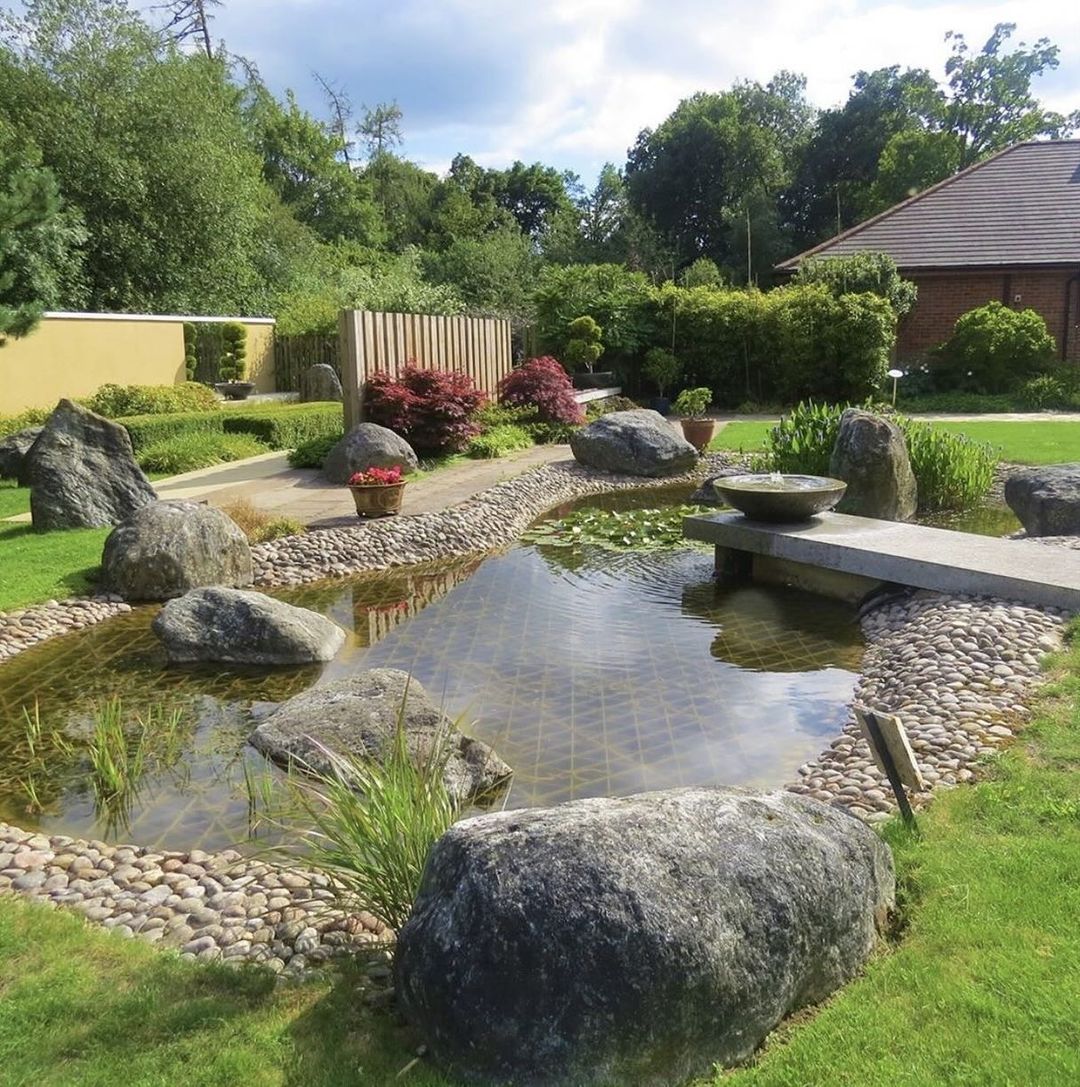

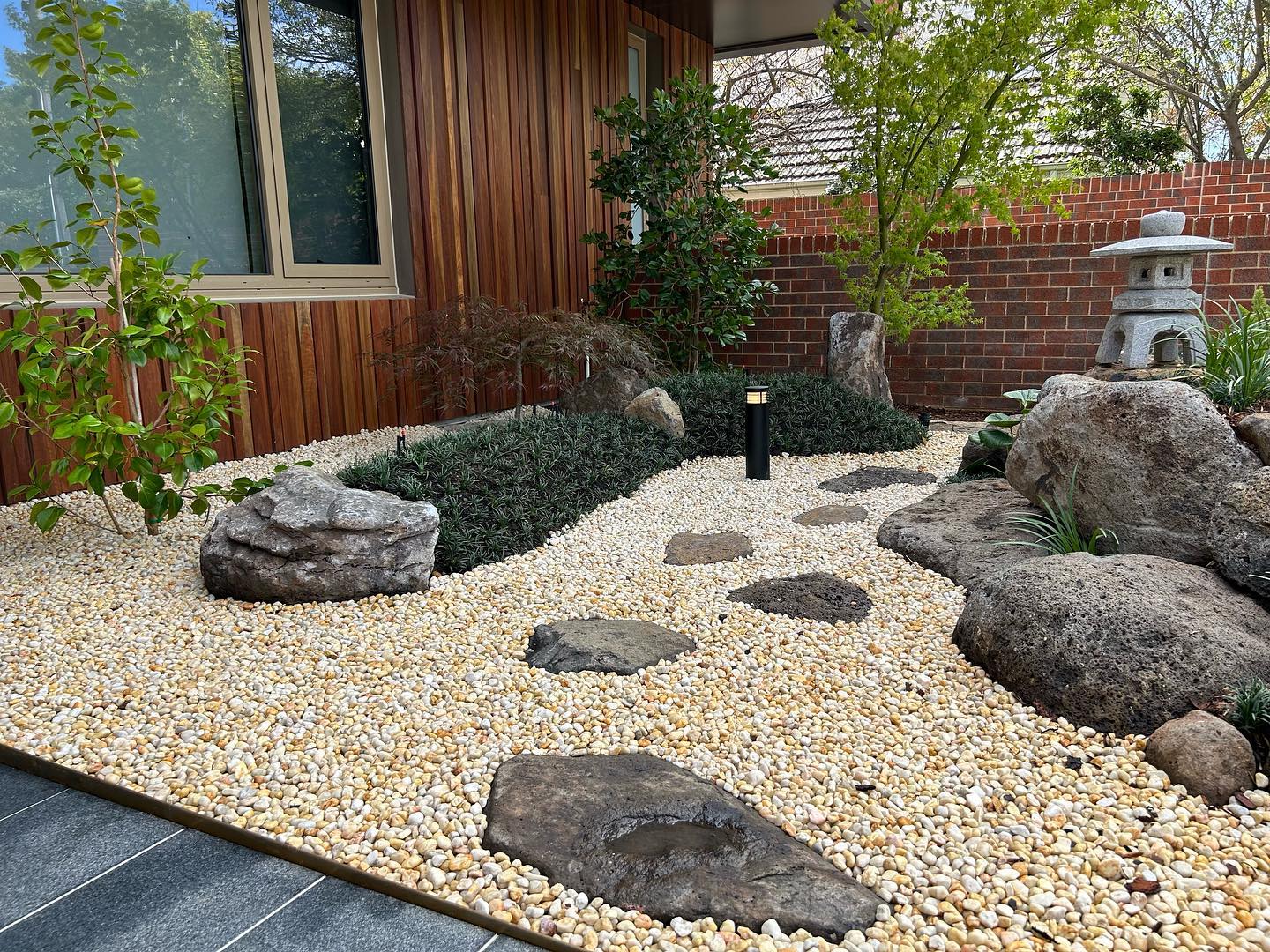
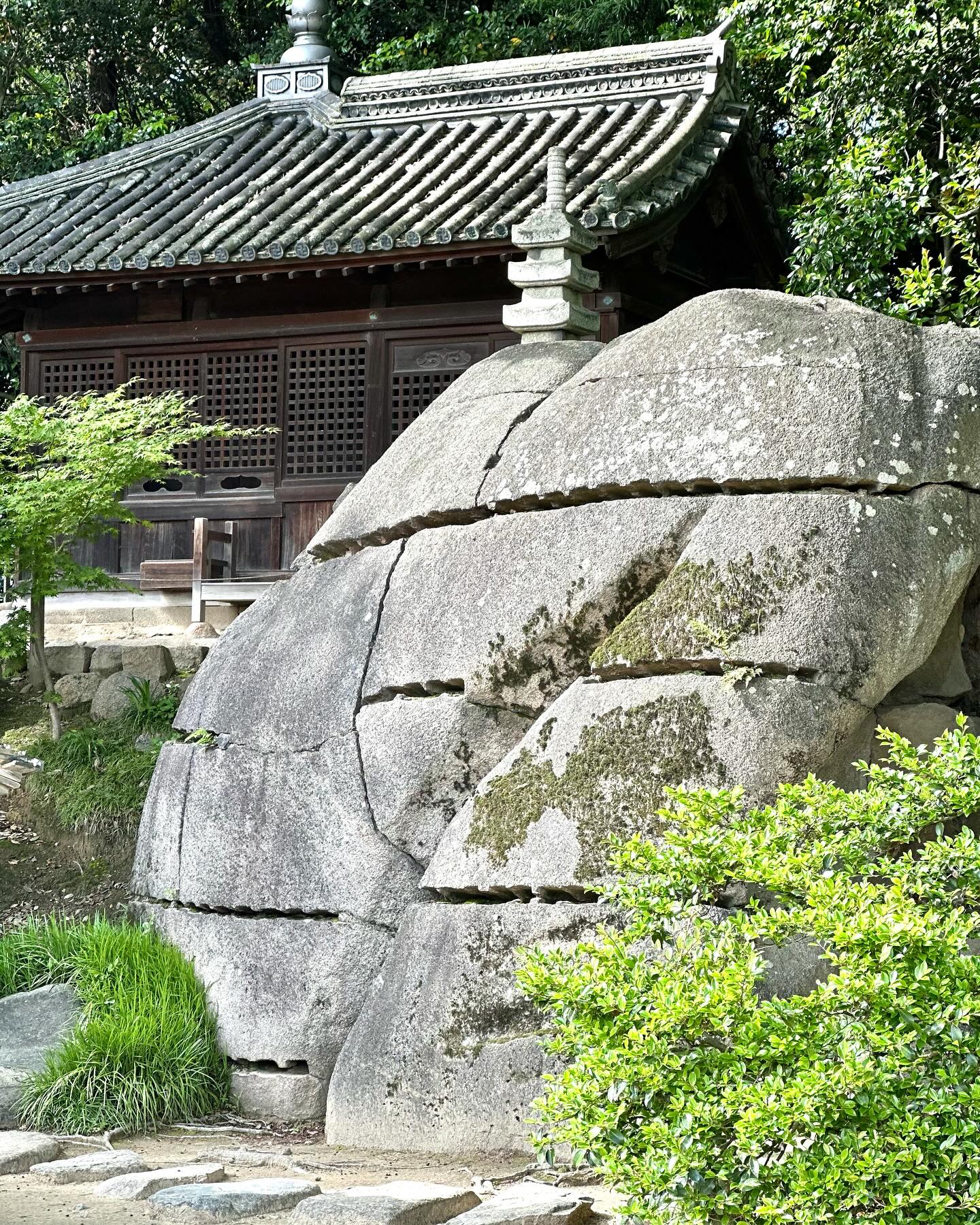
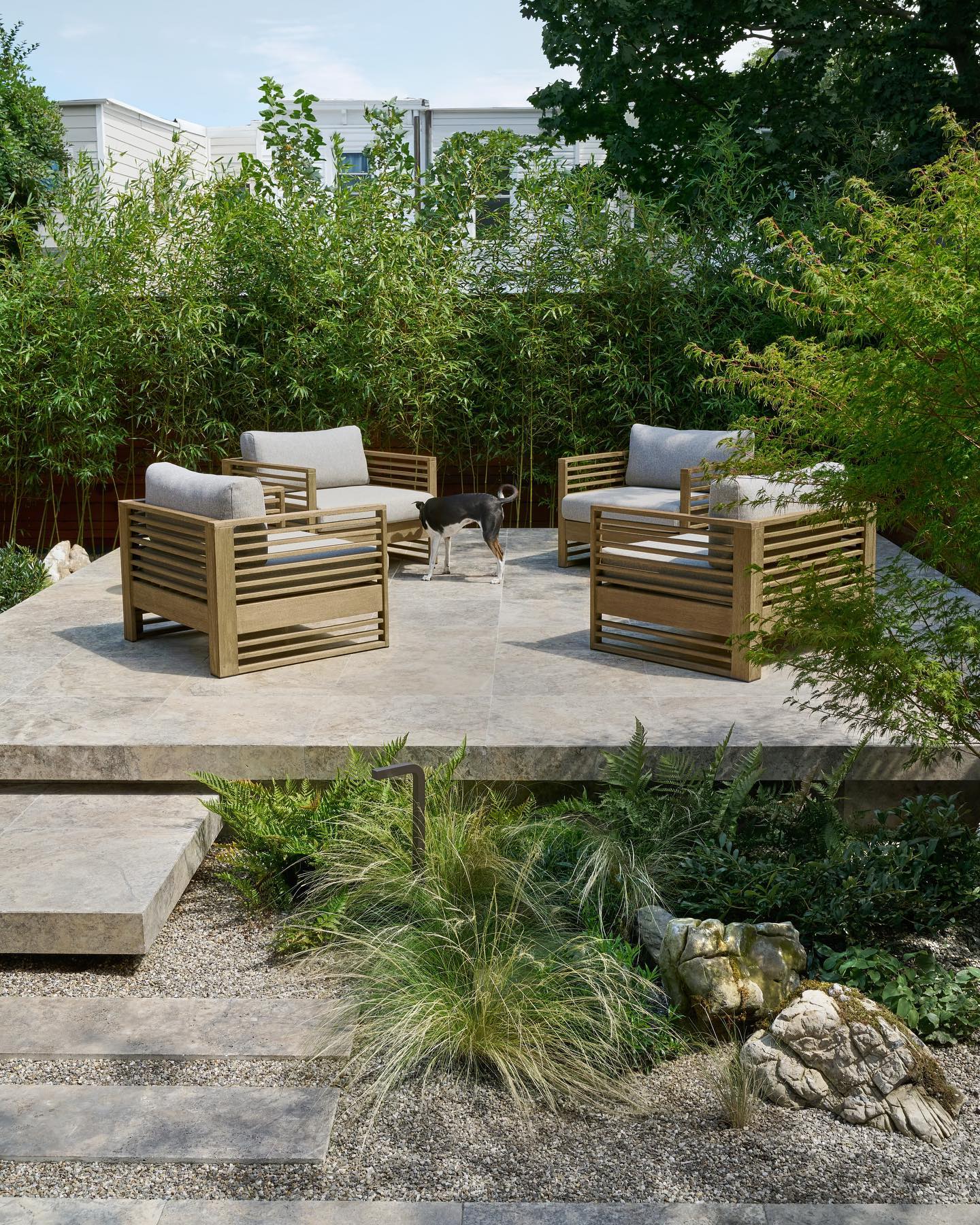
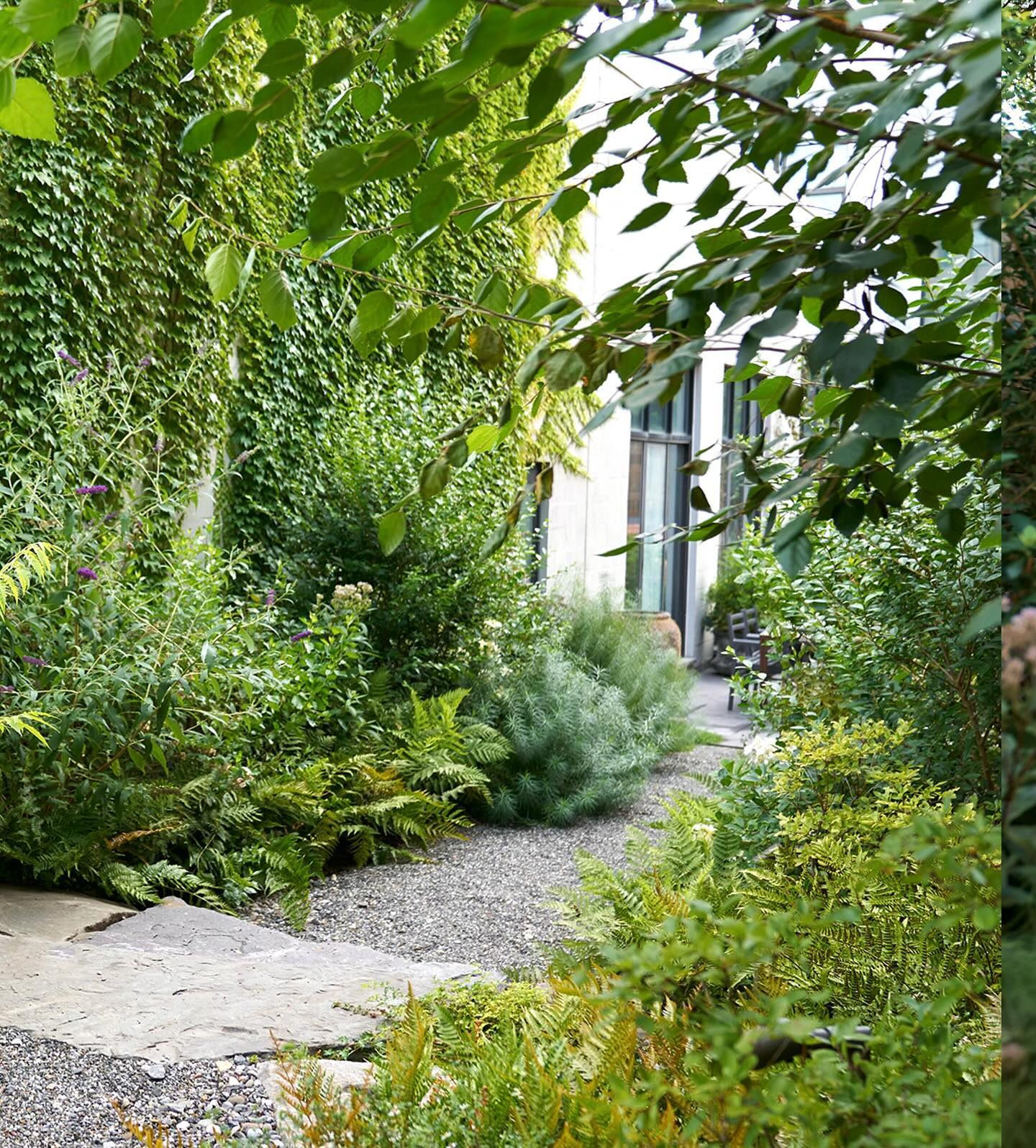
Comments